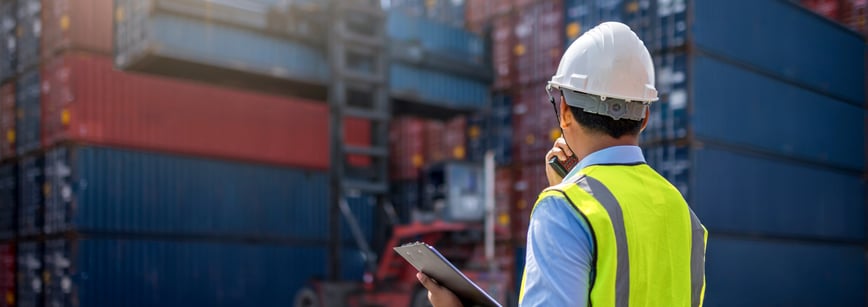
In early October this year, the Jakarta Post in Indonesia reported that after 35 days and intervention from the Ombudsman and several other government institutions, some imported fruits and horticultural products worth about $1.9 million USD detained by the Agricultural Ministry were finally released.
When the goods were eventually released, it was reported that the importer had incurred about $500,000 USD worth of demurrage charges and other expenses. The goods were subject to horticultural import recommendations (RIPH), a type of import conformity approval, from the Agriculture Ministry, which the Ministry claimed was absent. The importer had, however, applied for the RIPH, which had been repeatedly denied by the system.We can only speculate why the importer proceeded with the import without the requisite approval without having additional information. Indonesia is a customs environment known for bureaucracy, but it could have happened in any other country. Fortunately, even by Indonesia's standards, this is an extreme example. The majority of imports pass through ASEAN's borders without incident thanks to regional efforts to eliminate non-tariff barriers and reduce trade costs – many border compliance measures have now been pushed post-import.
Yet, time and again, Tradewin still assists the odd importer across ASEAN countries whose imports were detained because of a lack of import conformity documentation. You don't have to let this happen to you. In the overwhelming majority of cases, we find that the detentions could have been avoided with these four simple steps:
- Determine the local tariff code (HS code) in advance
- Identify what, if any, import licenses or import conformity requirements are needed
- Enquire how easy/difficult it is to obtain the paperwork, and in the case of certain countries, the eligibility criteria
- Working backward, figure out how much time you need. Be realistic and prepare for contingencies. Only import the goods if there is sufficient time!
Undoubtedly some fret at the need to be deliberate about it, but if it saves you a few unnecessary sleepless nights, why not. Tradewin assists many importers in determining their upstream compliance obligations. Reach out to us. We're happy to help!




